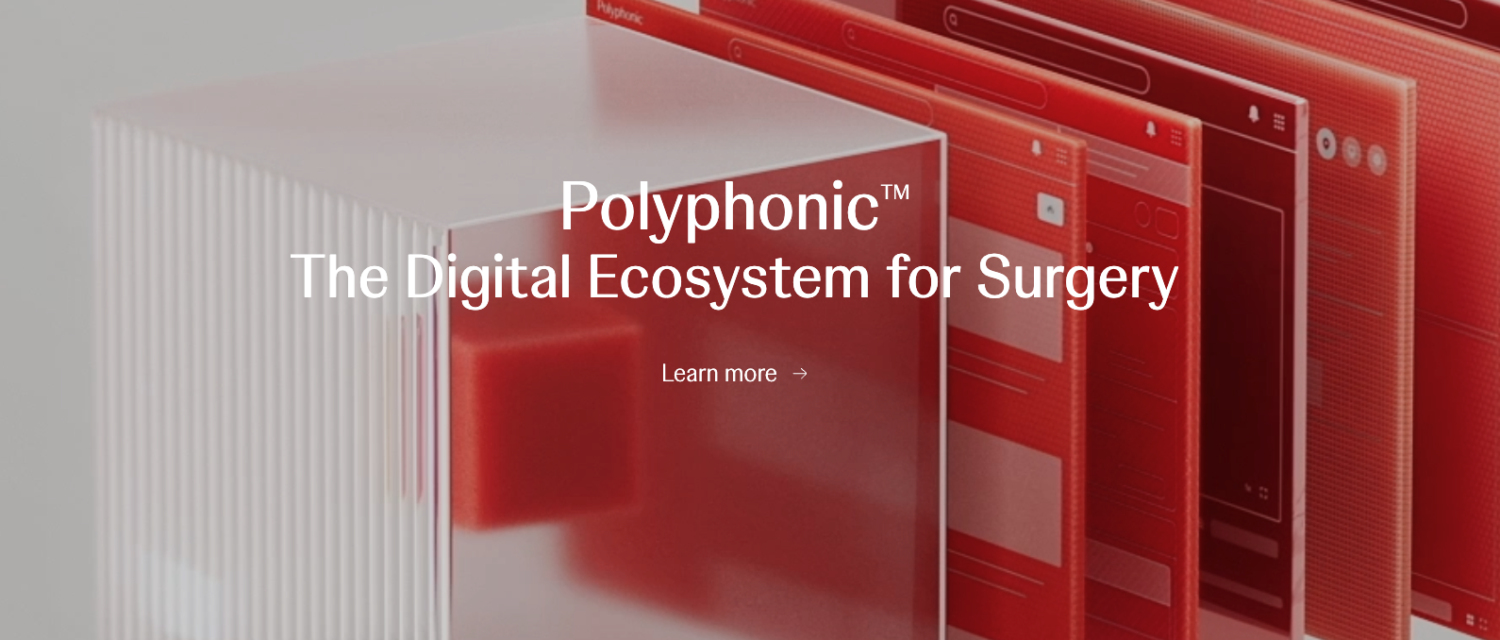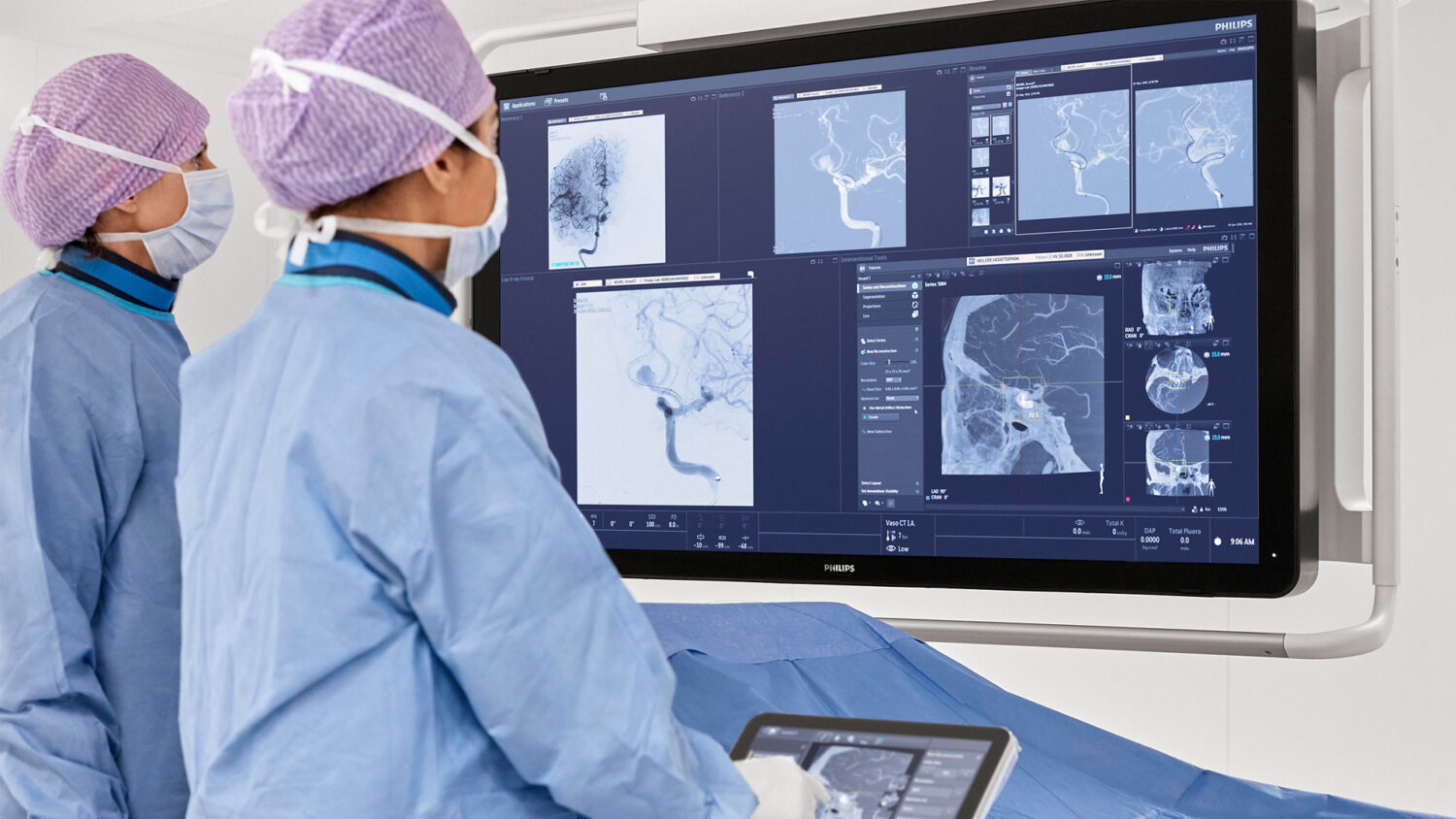HIT Consultant – Read More

What You Should Know:
– A new report from the Center for Connected Medicine (CCM) at UPMC and KLAS Research reveals that healthcare leaders are increasingly investing in technology to address persistent workforce issues, years after the COVID-19 pandemic strained the industry to its limits.
– The new report, titled “Transforming Health Care Workforce Management: How Technology Can Address Workforce Challenges at Health Systems,” indicates a decisive shift in strategy. Over 80% of health system leaders surveyed described technology as “very important” or “important” in tackling these workforce issues. Furthermore, nearly 90% stated they are “very likely” or “likely” to invest in new workforce technology within the next two years.
Strategic Imperative for Health Systems
Years after the global health crisis, hospitals and health systems across the United States continue to grapple with significant workforce challenges, including burnout, recruitment difficulties, and staff retention. In response, a vast majority of healthcare executives are looking to technological solutions to stabilize and support their teams.
The research, conducted in late 2024 through interviews with 27 executives from U.S. hospitals and health systems, highlights the ongoing struggle to recruit, retain, and optimize clinical staff. The findings underscore that technology is no longer seen as a luxury, but as a critical tool for survival and growth in a challenging landscape.
“This research underscores the ongoing difficulty many health systems continue to experience when it comes to recruiting, retaining and optimizing their clinical workforce,” said Mary Beth Navarra-Sirio, vice president of market development for UPMC Enterprises. “As the innovation, commercialization and venture capital arm of UPMC, we are actively pursuing innovative technology solutions that can help our health system leaders attract world-class talent and provide them with technology that supports their clinical practice, providing more time for direct patient care.”
Technology’s Role in a Resilient Workforce
The survey identified key areas where technology is expected to make the most significant impact. Nearly three-quarters of respondents believe technology is most beneficial for optimizing their clinical staff, allowing for more efficient workflows and better allocation of resources. Two-thirds also see technology as an important asset for recruiting new workers in a competitive market.
By automating administrative tasks and streamlining clinical processes, new technologies can free up valuable time for healthcare professionals, allowing them to focus on direct patient care and reducing the burnout associated with heavy administrative loads.
Innovative Solutions on the Horizon
Health systems are not just investing in abstract ideas; they are actively implementing tangible solutions. One such example highlighted in the report is an education platform from ThriveAP, a UPMC Enterprises portfolio company. This platform is used at UPMC to accelerate the transition of new advanced practitioners, such as nurse practitioners and physician assistants, into clinical practice. It achieves this by providing a structured curriculum, dedicated mentorship, and a supportive community, addressing the critical onboarding and early-career phases where retention can be most challenging.





